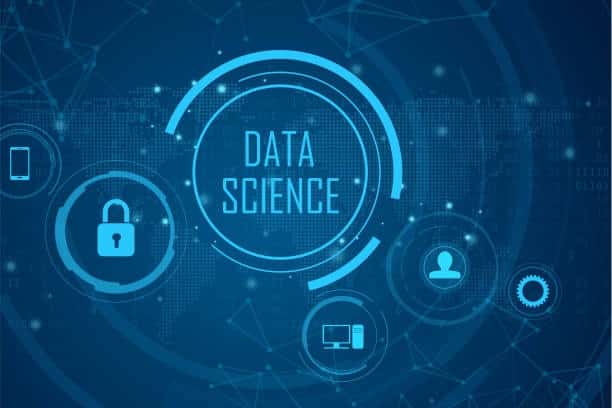Introduction
In today’s data-driven world, the demand for skilled professionals who can extract insights and drive informed decision-making has skyrocketed. Among these professionals, data scientists hold a pivotal role. With their expertise in advanced analytics and machine learning, data scientists possess the power to unlock the hidden potential of data. In this blog, we will explore the skills required, roles, and responsibilities, and provide an example job description to shed light on the exciting field of data science.
Data Scientist
Data scientists are analytical experts who leverage their knowledge of statistics, mathematics, and programming to uncover patterns, develop predictive models, and provide actionable insights. They possess a deep understanding of data, strong problem-solving abilities, and the capacity to translate complex technical concepts into meaningful business solutions.
Skills Required – Technical and Soft Skills
To excel as a data scientist, individuals must possess a combination of technical and soft skills. Here are some key skills required for the role:
Technical Skills
- Proficiency in programming languages such as Python, R, or SQL.
- Expertise in machine learning algorithms, statistical modeling, and data mining.
- Knowledge of big data processing frameworks like Hadoop or Spark.
- Experience with data visualization tools like Tableau or Power BI.
- Familiarity with cloud platforms and technologies like AWS or Azure.
Soft Skills
- Strong analytical thinking and problem-solving abilities.
- Excellent communication skills to effectively convey complex findings to both technical and non-technical stakeholders.
- Curiosity and a passion for continuous learning to keep up with evolving technologies and techniques.
- Collaboration and teamwork to work effectively with cross-functional teams.
- Business acumen to understand and align data-driven insights with organizational goals.
Roles
Data scientists play a versatile role in organizations. They perform various functions, including but not limited to:
- Data Exploration and Analysis: They explore and analyze data sets to identify trends, patterns, and relationships, using statistical methods and visualization techniques.
- Model Development: They design and develop predictive models and machine learning algorithms to solve complex business problems and make accurate predictions.
- Data Engineering: They work with data engineers to gather, clean, and transform data into a usable format for analysis.
- Experiment Design: They formulate and execute experiments to test hypotheses and validate models, ensuring their accuracy and reliability.
Responsibilities
The responsibilities of a data scientist may vary depending on the organization and industry. However, some common responsibilities include:
- Collecting, cleaning, and preprocessing data to ensure its quality and usability.
- Analyzing large and complex datasets to extract meaningful insights and patterns.
- Developing and implementing machine learning models and algorithms.
- Collaborating with cross-functional teams to define project objectives and deliver actionable solutions.
- Presenting findings and insights to stakeholders in a clear and concise manner.
- Staying updated with the latest advancements in data science techniques and tools.
Example Job Description
Here is an example of a data scientist job description to provide a comprehensive understanding of the role:
Position: Data Scientist
Responsibilities:
- Analyze and interpret complex data sets to uncover trends, patterns, and insights.
- Develop and implement predictive models and machine learning algorithms to solve business problems.
- Collaborate with data engineers to ensure data quality, integrity, and proper data flow.
- Design and execute experiments to validate models and algorithms.
- Present findings and recommendations to stakeholders in a clear and compelling manner.
- Stay updated with emerging technologies, tools, and techniques in data science.
- Work closely with cross-functional teams to align data-driven insights with organizational goals.
Requirements:
- Bachelor’s/Master’s/Ph.D. degree in computer science, statistics, mathematics, or a related field.
- Strong programming skills in Python, R, or SQL.
- Proficiency in machine learning algorithms, statistical modeling, and data visualization.
- Excellent analytical and problem-solving abilities.
- Effective communication and presentation skills.
- Experience with big data frameworks (Hadoop, Spark) and cloud platforms (AWS, Azure) is a plus.
Conclusion
Data scientists are at the forefront of the data revolution, leveraging their technical expertise and analytical skills to extract actionable insights from complex datasets. By possessing a blend of technical and soft skills, they play a crucial role in transforming raw data into valuable business solutions. With the increasing reliance on data-driven decision-making, data scientists are sought-after professionals, driving innovation and growth across various industries.






